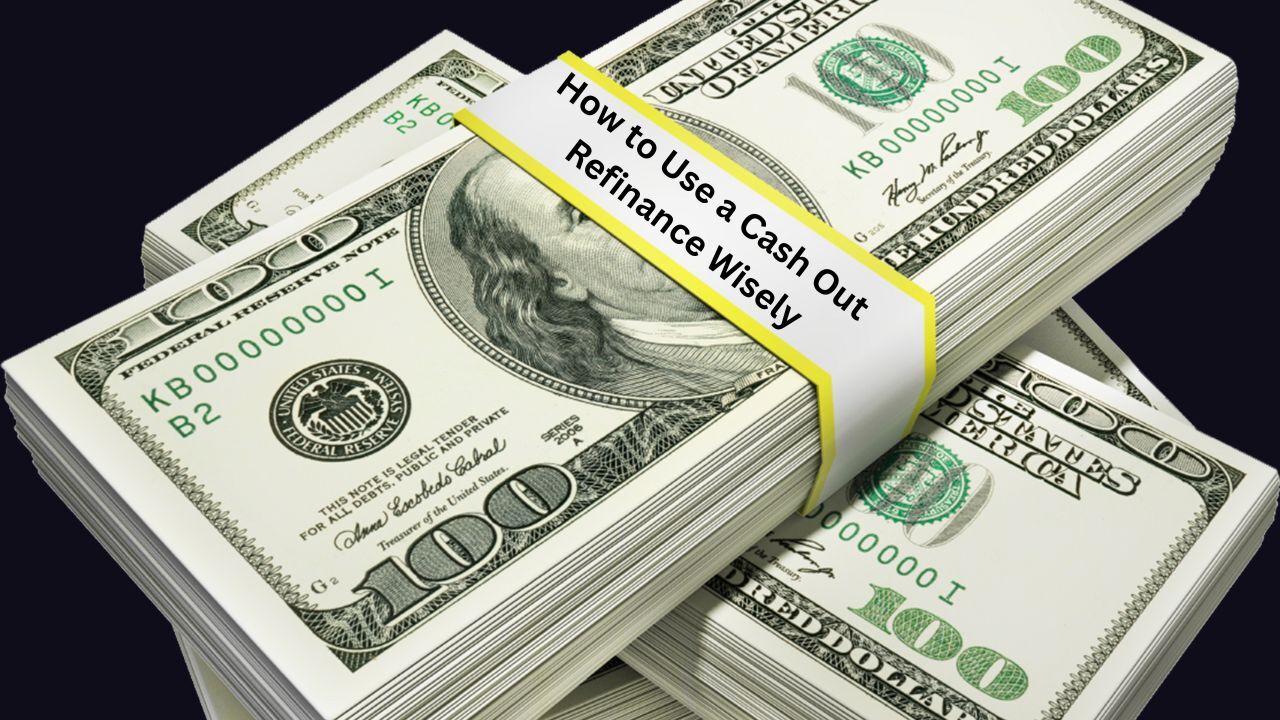 Your mortgage is more than just a monthly bill; it can be a powerful tool for building long-term wealth. By understanding how to leverage home equity strategically, homeowners can create opportunities for investments, financial growth, and increased net worth. Using your mortgage wisely requires planning, patience, and a clear understanding of how equity works.
Your mortgage is more than just a monthly bill; it can be a powerful tool for building long-term wealth. By understanding how to leverage home equity strategically, homeowners can create opportunities for investments, financial growth, and increased net worth. Using your mortgage wisely requires planning, patience, and a clear understanding of how equity works.
Understanding Home Equity
Home equity is the portion of your home that you truly own, calculated as the difference between your property’s current market value and the balance of your mortgage. As you make payments and property values increase, your equity grows. This equity can be tapped into for financial purposes, making it a critical component of long-term wealth building.
Leveraging Equity Strategically
There are several ways to use your mortgage and home equity to build wealth. One common approach is using a home equity line of credit or cash-out refinance to fund home improvements that increase your property’s value. Another strategy is to invest the funds into other real estate properties or financial instruments that offer a higher return than your mortgage interest rate.
Benefits of Using a Mortgage as a Wealth Tool
Using your mortgage to build wealth can offer significant advantages. It allows you to access funds without selling your home, potentially creates passive income streams through investments, and can provide tax benefits when used for qualifying purposes. Additionally, strategically leveraging equity can accelerate your overall financial growth compared to simply paying down the mortgage aggressively.
Risks to Consider
While leveraging your mortgage can be advantageous, it is not without risks. Borrowing against your home increases your debt and could put your property at risk if investments do not perform as expected. It is crucial to maintain a budget, understand interest rates, and plan repayment strategies to avoid financial strain. Consulting with a mortgage or financial professional is essential to ensure that your strategy aligns with your long-term goals.
Making Informed Decisions
Ultimately, using your mortgage as a tool for wealth building requires careful planning and smart decision-making. By understanding equity, leveraging funds strategically, weighing risks, and consulting experts, homeowners can turn their mortgage into a vehicle for long-term financial growth, increased net worth, and greater financial security.
 A cash-out refinance can be a powerful tool for homeowners who want to leverage the equity in their home, but it is important to approach it strategically. This type of refinance replaces your existing mortgage with a new, larger loan, giving you the difference in cash. Whether you are planning home improvements, consolidating high-interest debt, or investing, using a cash-out refinance wisely can help you reach your financial goals without creating unnecessary risk.
A cash-out refinance can be a powerful tool for homeowners who want to leverage the equity in their home, but it is important to approach it strategically. This type of refinance replaces your existing mortgage with a new, larger loan, giving you the difference in cash. Whether you are planning home improvements, consolidating high-interest debt, or investing, using a cash-out refinance wisely can help you reach your financial goals without creating unnecessary risk.